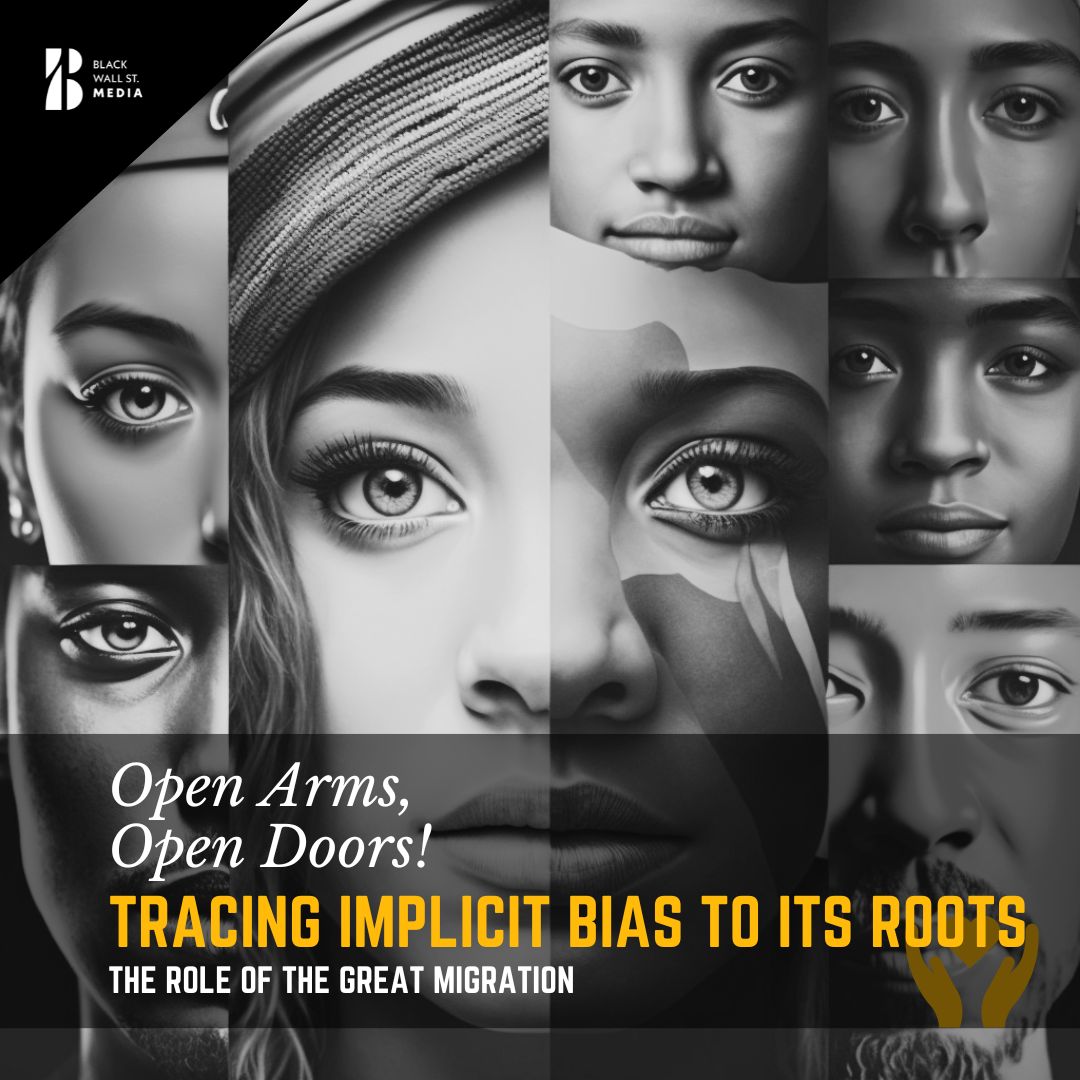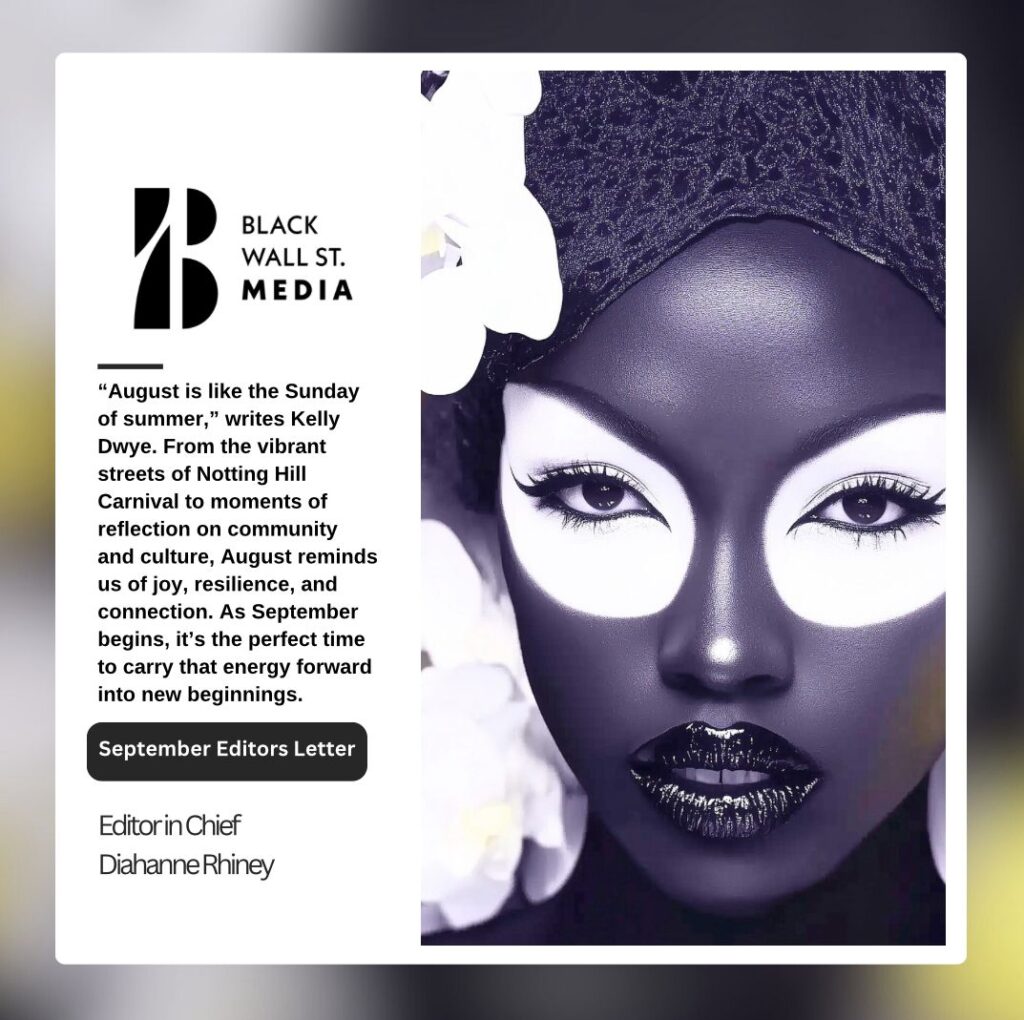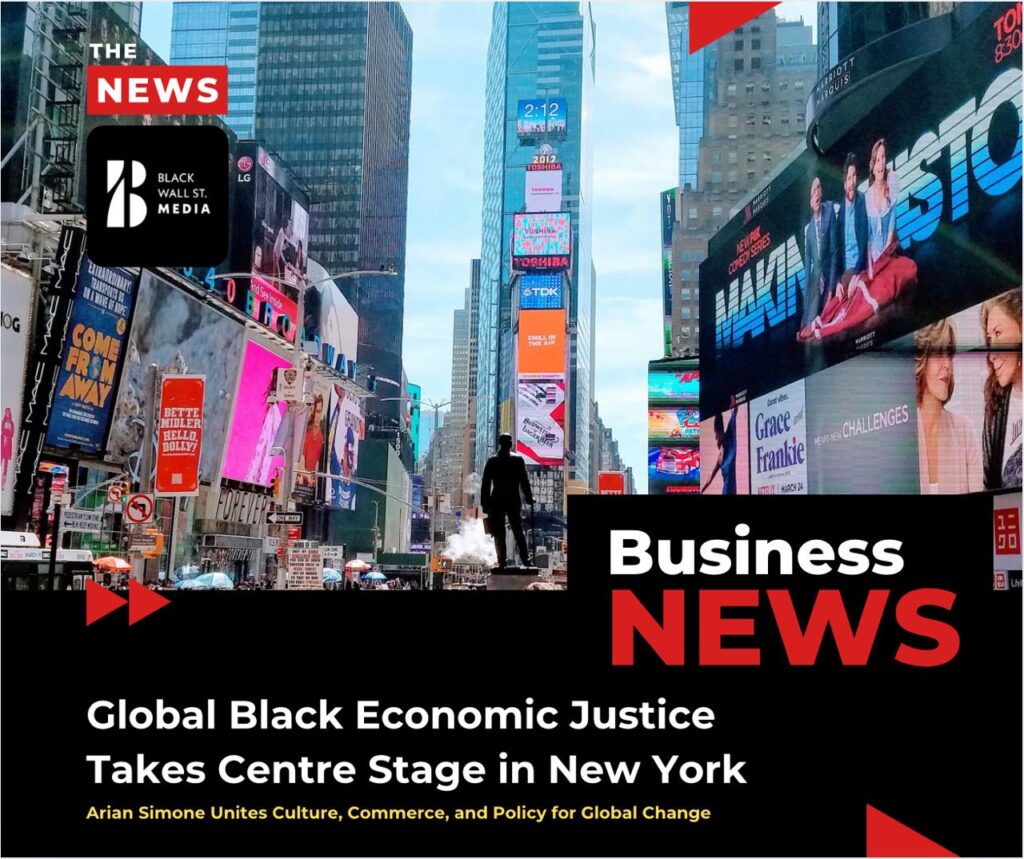SOCIAL SCIENCE
Tracing Implicit Bias to its Roots: The Role of The Great Migration
“Our work suggests that the consequences of historical racism are not confined to the past. The systems and structures that we all navigate can often go unquestioned and unchanged—maintaining the status quo can mean allowing negative historical legacies to continue." - Heidi Vuletich, Lead Researcher”
Black Wall St. MediaContributor

The Great Migration, a significant historical event that saw around six million Black people leaving the American South between 1910 and 1970, seeking refuge from racial violence and discrimination while pursuing better economic and educational opportunities, has now been linked to present-day inequalities and implicit biases through groundbreaking research.

In a recent article published in Social Psychological and Personality Science, researchers have shed light on a connection between current implicit bias among White individuals at the county-level and the proportion of Black residents who lived in that county during the Great Migration, specifically around 1930.
This study supports the Bias of Crowds theory, which emphasizes how unequal environments or situations can contribute to collective levels of implicit bias.
Lead author Heidi Vuletich, hailing from the University of Denver, notes, “Our work suggests that the consequences of historical racism are not confined to the past.
The systems and structures that we all navigate can often go unquestioned and unchanged—the theory inspiring this work says that maintaining the status quo can mean allowing negative historical legacies to continue.”
To arrive at these groundbreaking findings, researchers analyzed over 1.6 million responses from White individuals who visited Project Implicit and took the Implicit Association Test.
This test measures associations between racial categories like “Black” and “White” and evaluations like “Good” and “Bad.”
The respondents were spread across 37 states and 1,981 counties in the North and Western United States.
In counties that had a larger Black population during the mid-20th century, present-day White individuals showed a stronger implicit preference for White over Black people.
Intriguingly, when researchers analyzed data from nearly 215,000 Black individuals who took the Implicit Association Test, they did not find the same associations as seen in White respondents concerning historical legacies.
Dr. Vuletich explains that understanding the response of Black individuals to this study can offer valuable insights into the psychological processes and circumstances that relate to bias.
The implications of this research extend to informing strategies for combating racial inequity going forward.
Dr. Vuletich emphasizes that while explicit forms of racism may have become less prevalent, implicit biases remain common and can manifest even in individuals who claim to value equity and inclusion.
“Organizations, governments, and other institutions often focus on changing individuals’ thoughts and behaviors to address these biases,” says Dr. Vuletich.
“Our results corroborate the need to spotlight structures and systems as contributors to bias in our communities.”
Despite the community-level focus of this research, Dr. Vuletich also underscores the importance of individuals examining their own prejudices on a personal level.
While this research does not absolve individuals of their responsibility to reduce biases, it encourages them to pursue structural solutions and promote change at a broader level.
In summary, this new research serves as a crucial reminder that the legacy of historical racism continues to influence present-day implicit racial biases.
Understanding these connections can pave the way for more effective strategies and solutions in combatting racial inequity and fostering a more inclusive society.
What parallels can be made between this research and the Windrush Generation?
While the research led by Heidi Vuletich primarily focuses on the consequences of the Great Migration in the United States, the findings undeniably echo similar patterns observed in the UK, particularly among the Windrush Generation.
Both these historical events – the Great Migration and the influx of the Windrush Generation – were transformative periods that had significant repercussions on race relations and have left a profound imprint on present-day racial biases and inequalities.
Black Wall St. MediaContributor








